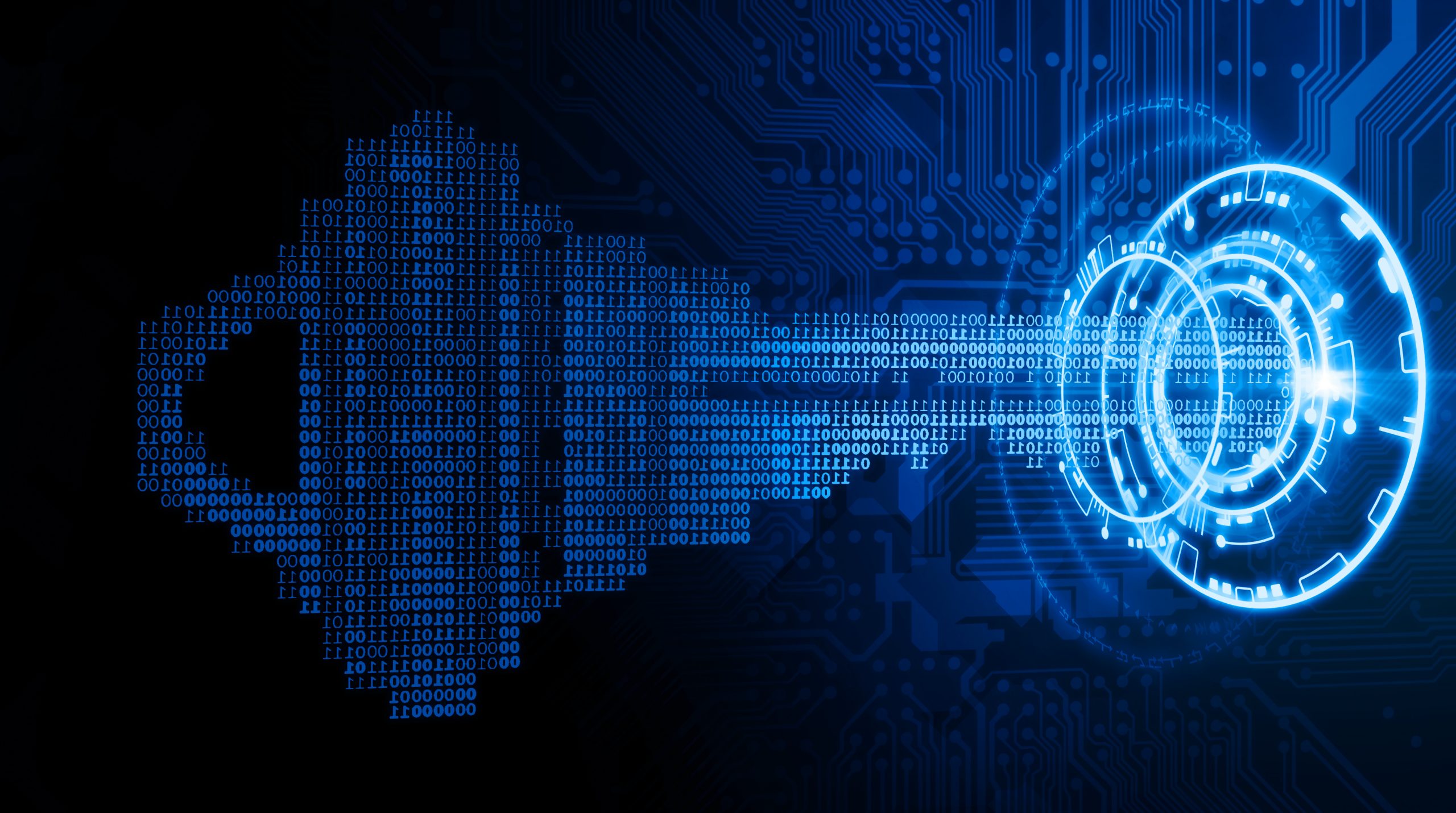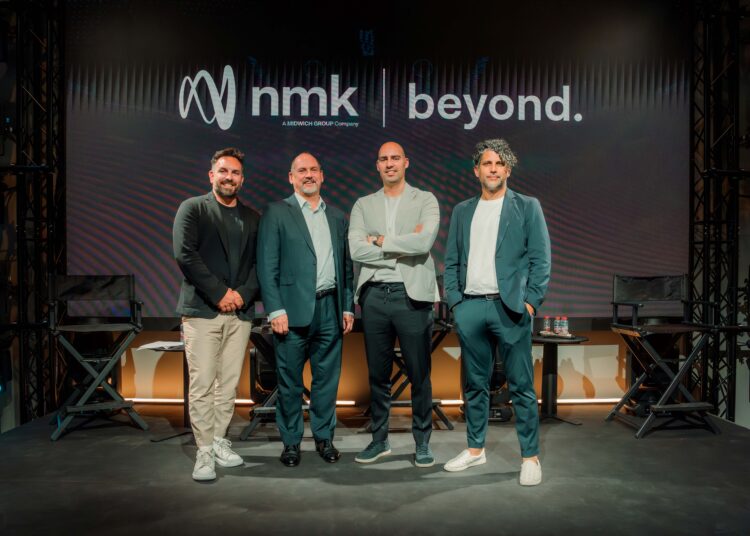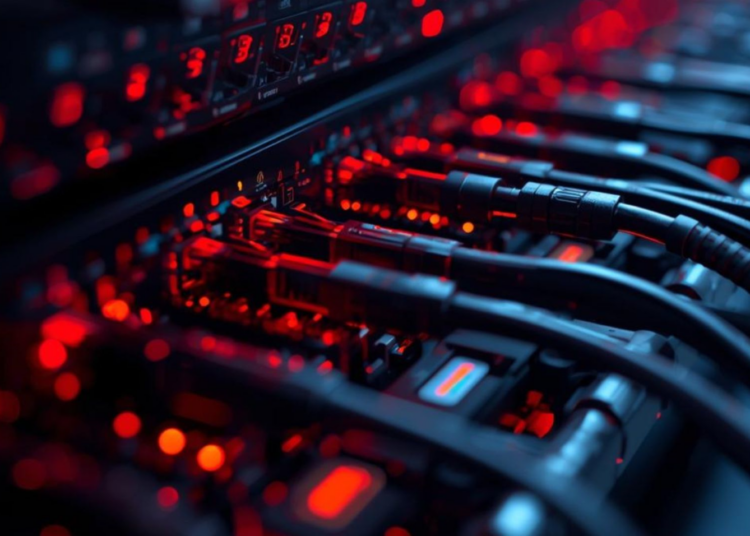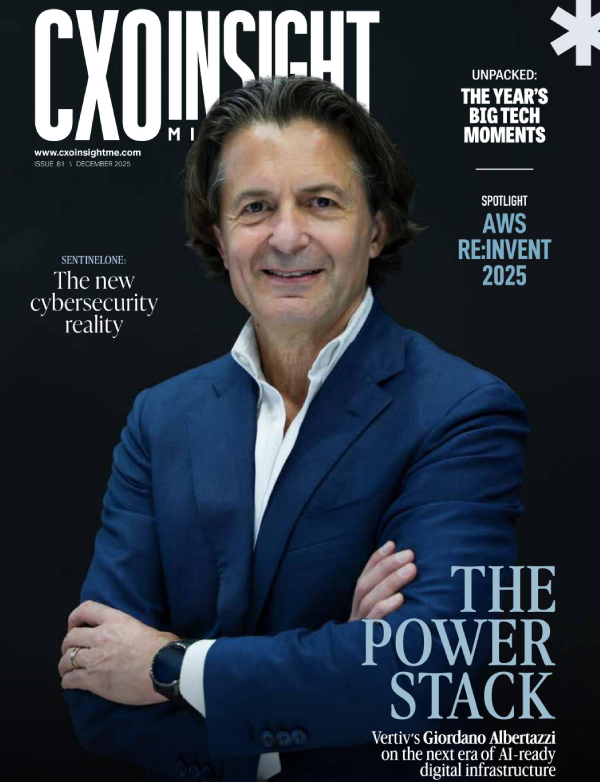
Email and data security company Mimecast has announced the availability of Commencing a New Decade: 2020 Predictions, the latest eBook from the Cyber Resilience Think Tank (CR Think Tank). This group of security leaders recently gathered to reflect on the past decade and forecast the major trends expected in 2020 and beyond. The eBook is designed to provide expert insight to global industry influencers on what to expect and how to prepare for the upcoming security challenges organisations may face this coming year.
During the CR Think Tank meeting, much of the discussion centred on the transformations of the SaaS, InfoSec and Application Security industries. The group also covered the challenges associated with not including security from the start.
To best prepare for a strong and strategic 2020, the CR Think Tank outlined four key trends that will impact how organisations approach cybersecurity.
- DevOps and security efforts will align to mitigate business risk
New features, bug fixes, configuration changes, and much more are delivered and iterated upon quickly to provide the best possible end user and customer experience. However, because of the constant iterations and improvements, security can no longer be an afterthought. DevOps teams are dependent on cloud deployments, which means that security must be top of mind at every stage of the application development process.
According to Malcolm Harkins, chief trust and security officer at Cymatic, DevSecOps has lagged because security processes, tools, and procedures that slow down the development process, but automation could be the answer. When standards are automated into the task at hand, DevSecOps can suit the needs of development, security and operations.
- Industry consolidation will increase the possibility of a breach
After a period of explosive innovation and growth in the security solutions space, 2019 saw a busy year of consolidation, with larger players snapping up smaller ones to expand their portfolios.
Shawn Valle, chief security officer at Rapid7, commented that there will be an onslaught of new players that acquired their way into key positions: “We could see new leaders in all things cloud security and all things security applications.”
Beyond the economic implications for the industry, consolidation in cybersecurity has another angle that all organisations need to consider. The complexity that comes with diverse security technologies and the ecosystems where they operate together injects risk around inadvertently acquiring your next breach. To mitigate this challenge, security leaders must be brought into mergers and acquisitions in the early stages of planning to have a greater understanding of the security posture and capabilities of the company being acquired.
Christina Van Houten, Chief Strategy Officer at Mimecast, said “most companies use M&A to buy growth and revenue, but traditional financial due diligence is no longer enough to ensure success. Achieving a deep understanding of the technology and how it will function inside the broader ecosystem is critical.” She also noted that more emphasis should be put on building relationships at all levels within the organisation well before the transaction takes place. “The ‘softer side’ of M&A is a hugely important part of the due diligence process in the days following the acquisition. This requires a great deal of thoughtfulness and programmatic cross-organisational collaboration, but when done right, the acquiring company and combined entity become stronger, delivering a better solution for customers.”
- Attack simulation will grow as pen testing becomes table stakes
When it comes to building defences against attackers, what worked in years past will no longer be sufficient in 2020. Traditional pen testing has been considered a key pillar of good cybersecurity because it forces leaders and analysts to proactively push the bounds of what they’re doing, continuously validating the tools and alerting inside security environments. Beyond kicking the tires to ensure everything is functioning properly, programs have been used as valuable training approaches and to demonstrate system capabilities and processes to stakeholders.
Harkins noted that this brings the shortage of cybersecurity professionals to mind. While pen testing is expensive in resources and limited in scope, attack simulation technology looks much more appealing for high yields and low cost. Security leaders who can reduce manual labor costs and cover more ground using automation will free up time for more valuable development cycles.
- Hyperconvergence of technologies will increase risk of microbreaches
Microbreaches are slight manipulations of data that can cascade throughout distributed IT environments. Given the market consolidation that’s underway in the security solution space, CR Think Tank members believe these kinds of attacks will emerge more pervasively in 2020. Beyond the ecosystem complexity and lack of integration, these attacks will be enabled by mobility and other emerging technologies that have created new points of entry.
Peter Tran, Head of global cyber defense at Worldpay, believes microbreaches will be off the radar because the current tools and telemetry enterprises deploy are designed to monitor and alert on the environment, such as SIEMs, packet capture, netflows, etc. – and they won’t be enough to combat microbreaches in a distributed IT world.
Download the Commencing a New Decade: 2020 Predictions eBook for more insights from the CR Think Tank.










Discussion about this post